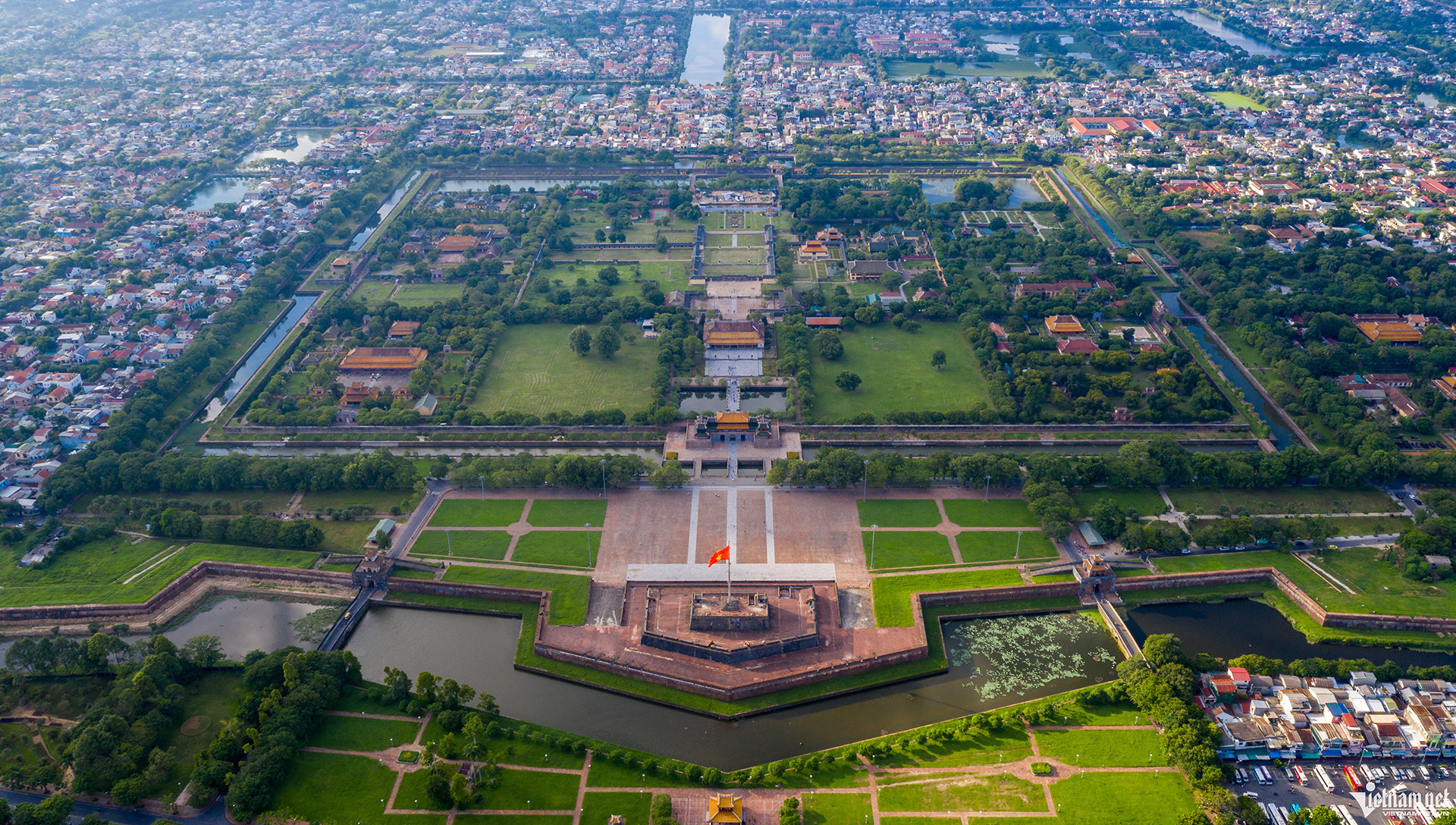
On November 30, the National Assembly passed a resolution elevating Hue to the status of a centrally governed city, marking a significant milestone in Vietnam's urbanization and economic development strategy.
The resolution received overwhelming support, with 95.62% of delegates voting in favor.
Under the resolution, Hue becomes Vietnam’s sixth centrally governed city, joining Hanoi, Da Nang, Hai Phong, Ho Chi Minh City, and Can Tho.
The new city encompasses the entirety of Thua Thien Hue Province, spanning an area of 4,947.11 square kilometers and home to 1,236,393 residents. Hue borders Da Nang, Quang Nam, and Quang Tri provinces, as well as Laos and the East Sea.
The resolution grants the Standing Committee of the National Assembly authority to organize administrative divisions at the district and commune levels within Hue to align with its new status. Local government agencies and organizations will be renamed accordingly once the resolution takes effect on January 1, 2025.
While Hue will enjoy the benefits of centrally governed cities, special policies and mechanisms previously applicable to Thua Thien Hue Province will continue until their expiration or further directives.
Local governments, including the People’s Council and People’s Committee of Hue, are tasked with reorganizing administrative systems, stabilizing residents' lives, and ensuring economic, social, and security development.
Despite concerns over Hue's relatively low urbanization rate and per capita income compared to national averages, the National Assembly underscored Hue’s unique role in preserving and promoting its cultural heritage.
“Hue’s establishment as a centrally governed city is not about meeting urbanization quotas but about safeguarding the UNESCO-recognized heritage of the former imperial capital,” said Hoang Thanh Tung, Chairman of the NA Legal Committee.
The city’s new status is expected to drive the implementation of approved urban development plans, attract targeted investments, and enhance the quality of life, contributing to sustainable growth and increased income levels over time.
Thu Hang